Paris glimmered under a canopy of lights, the Théâtre du Châtelet buzzing with the kind of electricity that only football’s finest can summon. Last night wasn’t just a ceremony, it was a stage where stories of triumph, resilience, and sheer brilliance took centre spotlight.
Ousmane Dembélé and Aitana Bonmatí emerged as the crowned monarchs of their craft, each carrying a narrative that stretches far beyond the pitch.
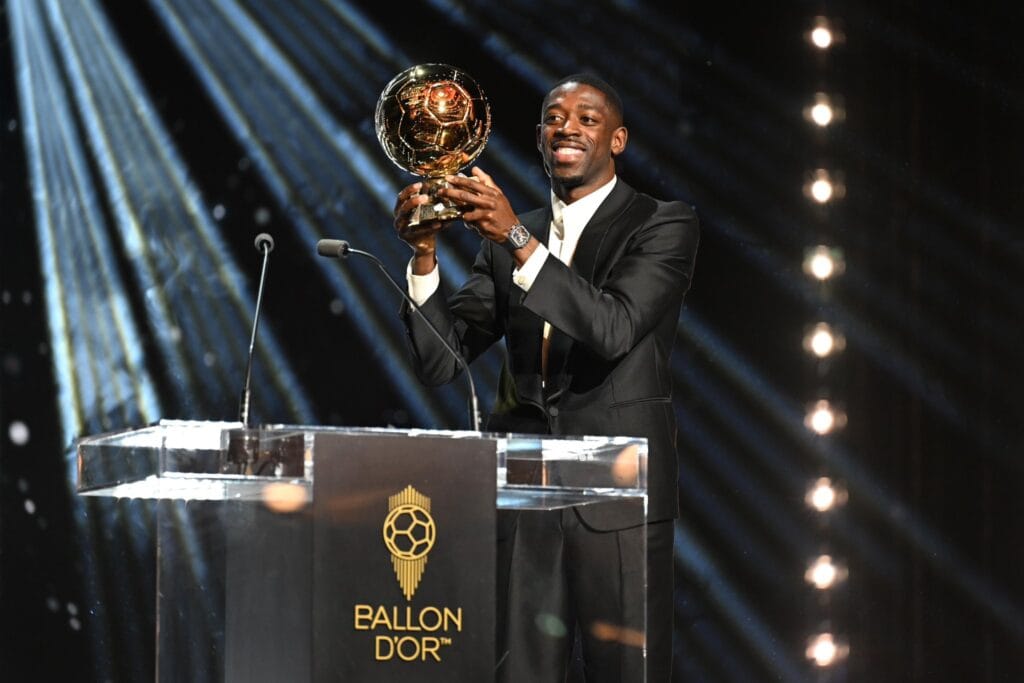
For Ousmane Dembélé, the Ballon d’Or is more than a trophy; it is redemption, a chapter that rewrites every whisper of doubt that ever followed him. Years of injuries, inconsistent form, and unfulfilled potential could have defined him. Instead, he turned them into fuel. Across the 2024-25 season, Dembélé didn’t just perform , he orchestrated moments of magic, spearheading Paris Saint-Germain’s first-ever UEFA Champions League title. His 37 goals and 15 assists weren’t numbers on a page; they were declarations of intent, a statement that the flashes of brilliance that once defined him have now matured into sustained excellence.
On the night, as he lifted the golden trophy, it was impossible not to feel the weight of every setback, every challenge, transformed into triumph.
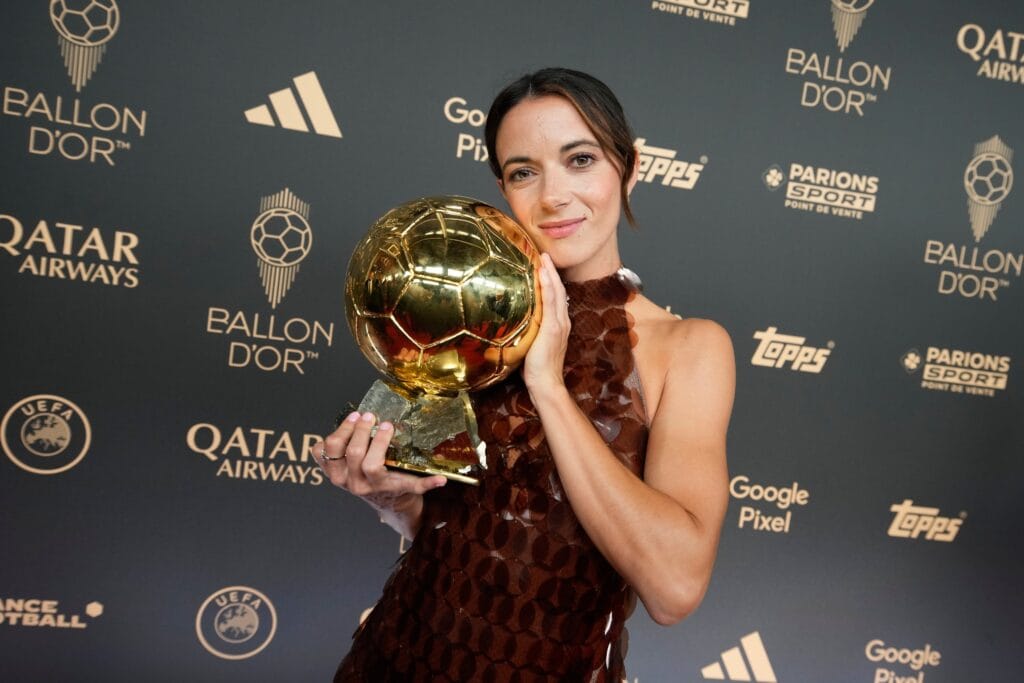
Aitana Bonmatí, meanwhile, reminded the football world that greatness is also about consistency, leadership, and vision. Claiming her third consecutive Ballon d’Or Féminin, Bonmatí has entered a league of her own, a select circle of legends who have managed to dominate their era relentlessly. Barcelona’s narrow defeat to Arsenal in the Women’s Champions League final did nothing to diminish her brilliance; if anything, it magnified it. Every pass, every decisive touch, every run into space told the story of a player whose intelligence and creativity on the ball make her the heartbeat of her team. Beyond the statistics and accolades, Bonmatí’s presence on the stage symbolised a milestone: the elevation of women’s football into the same celebratory spotlight once reserved almost exclusively for men.

The night wasn’t just about the winners at the very top. Rising stars like Lamine Yamal and Vicky Lopez reminded the world that the future of football is already here, brimming with energy and audacity. Goalkeepers Gianluigi Donnarumma and Hannah Hampton showcased that mastery comes in many forms, from shot-stopping heroics to commanding the backline with authority. Clubs like Paris Saint-Germain and Arsenal Women were recognised for their ambition and vision, while coaches Luis Enrique and Sarina Wiegman proved that leadership can transform talent into historic achievement.
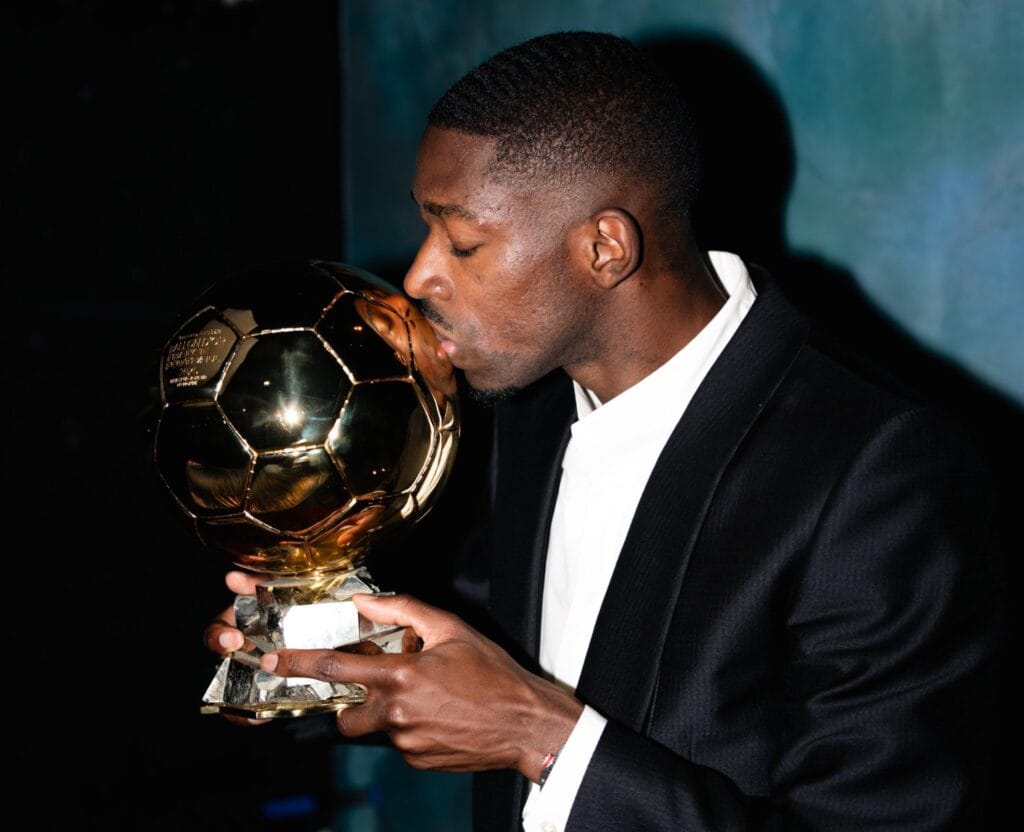
But what made this evening remarkable wasn’t just the glittering trophies or the spectacle; it was the stories woven through every victory. Dembélé’s journey from a mercurial talent to a disciplined champion, Bonmatí’s unwavering consistency, the emergence of new talent , it all painted a portrait of a sport that thrives on resilience, creativity, and human spirit. Each winner was not just a recipient of an award but a storyteller, a carrier of a narrative that inspires fans and peers alike.
By the time the applause faded, two names had been etched indelibly into 2025: Ousmane Dembélé, the man who transformed doubt into destiny, and Aitana Bonmatí, the player whose reign is now a benchmark for excellence. In a season where football delivered both drama and artistry, they were the embodiment of its finest essence, bold, brilliant, and unforgettable.
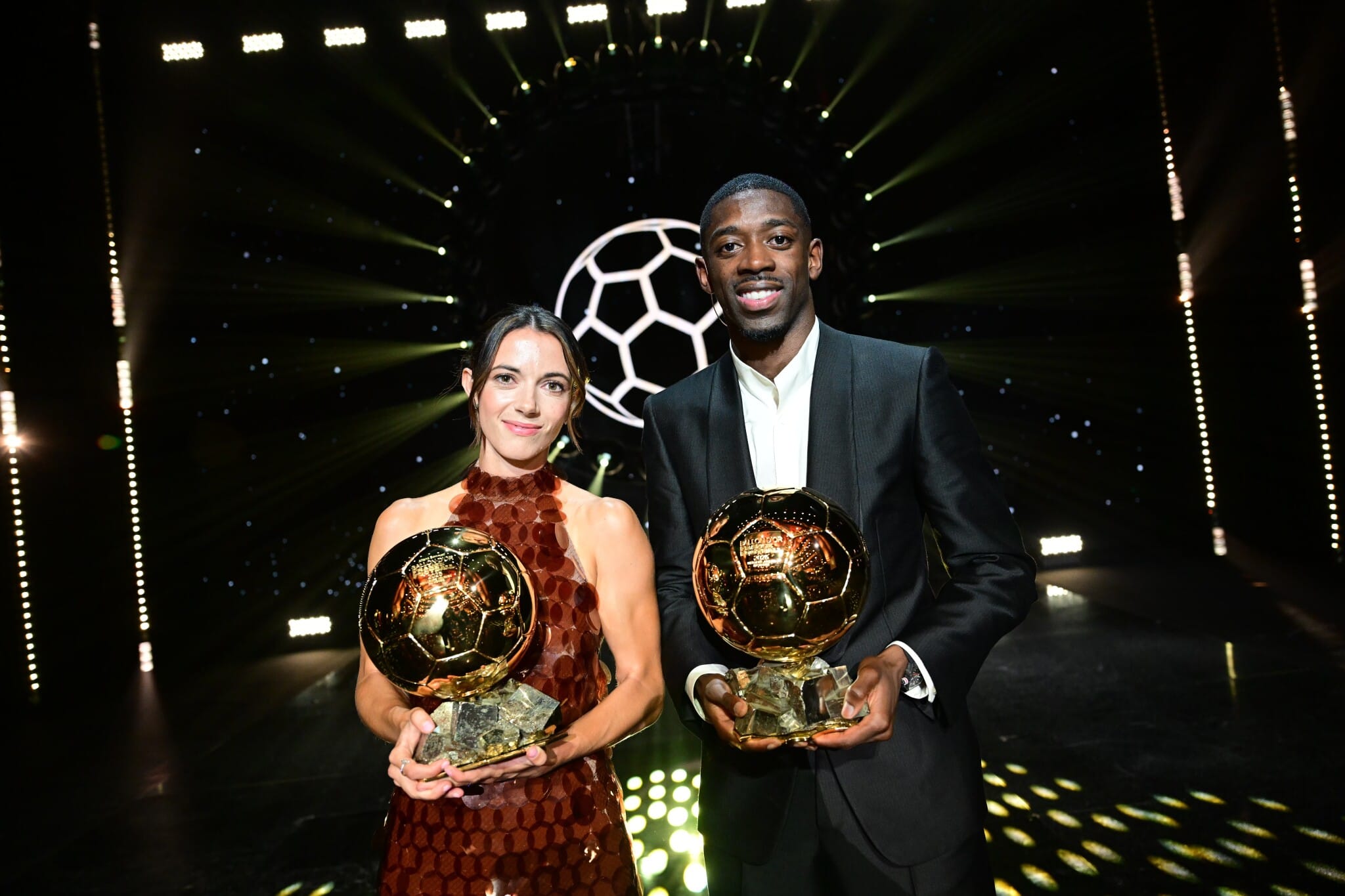
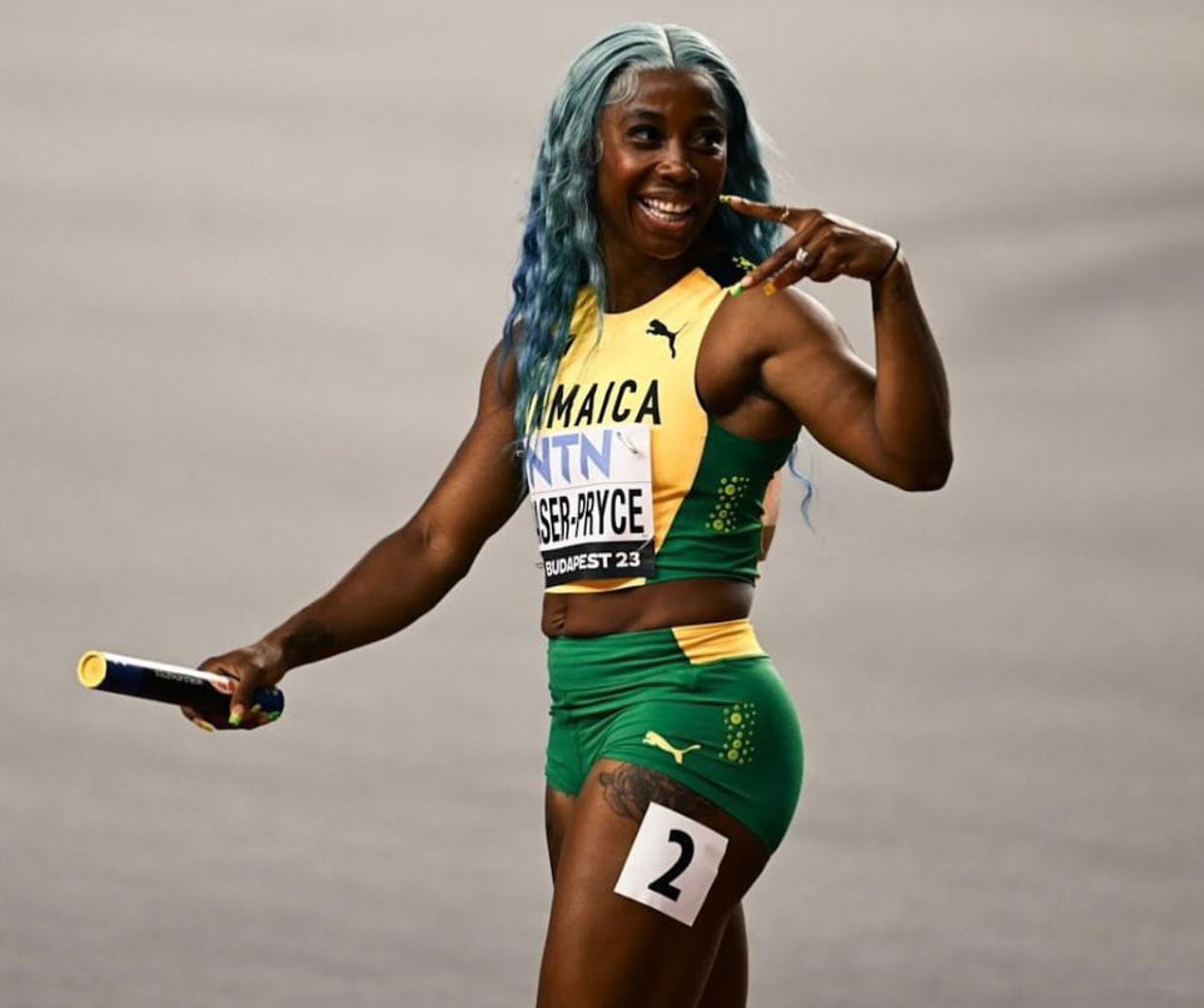
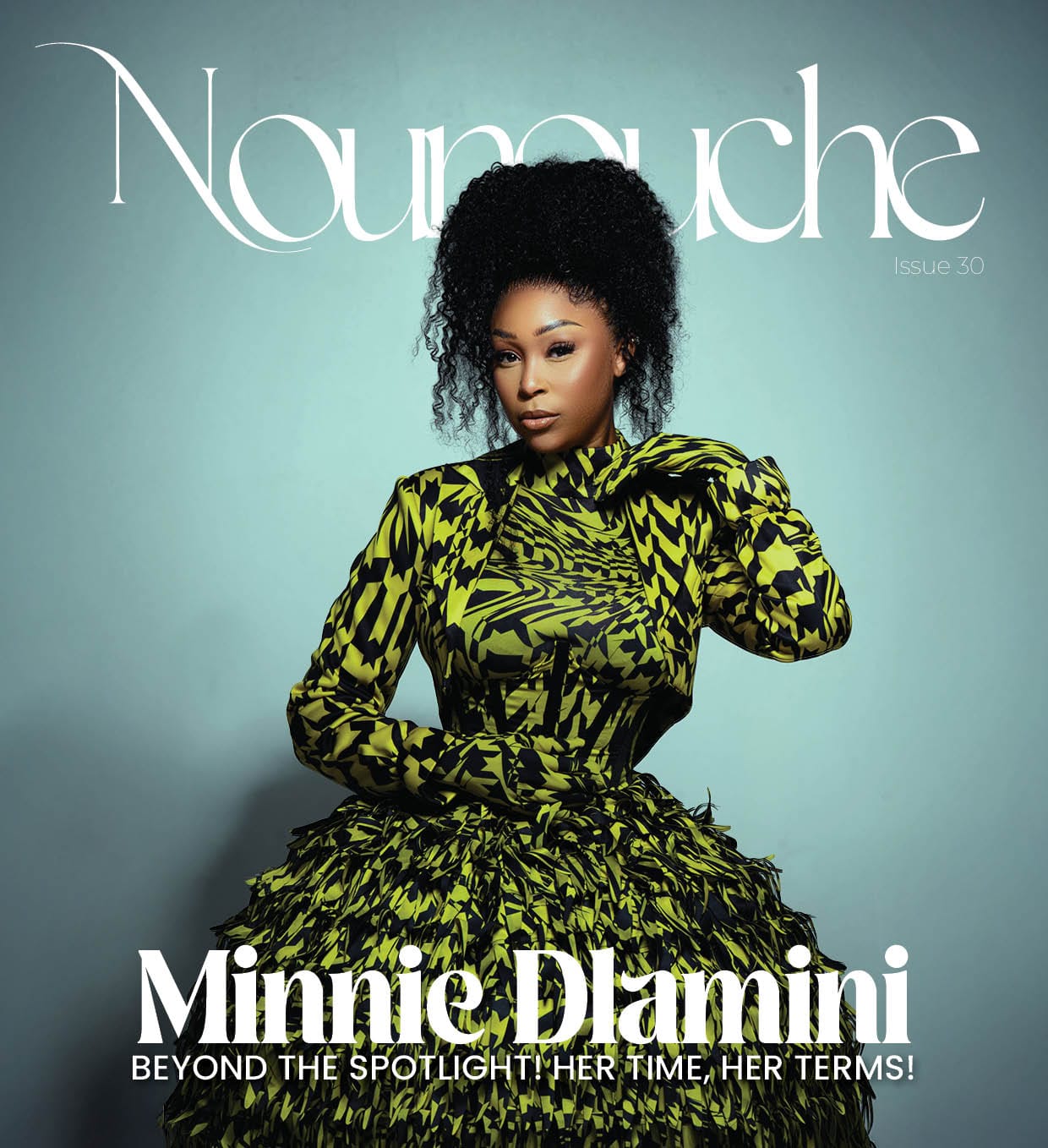

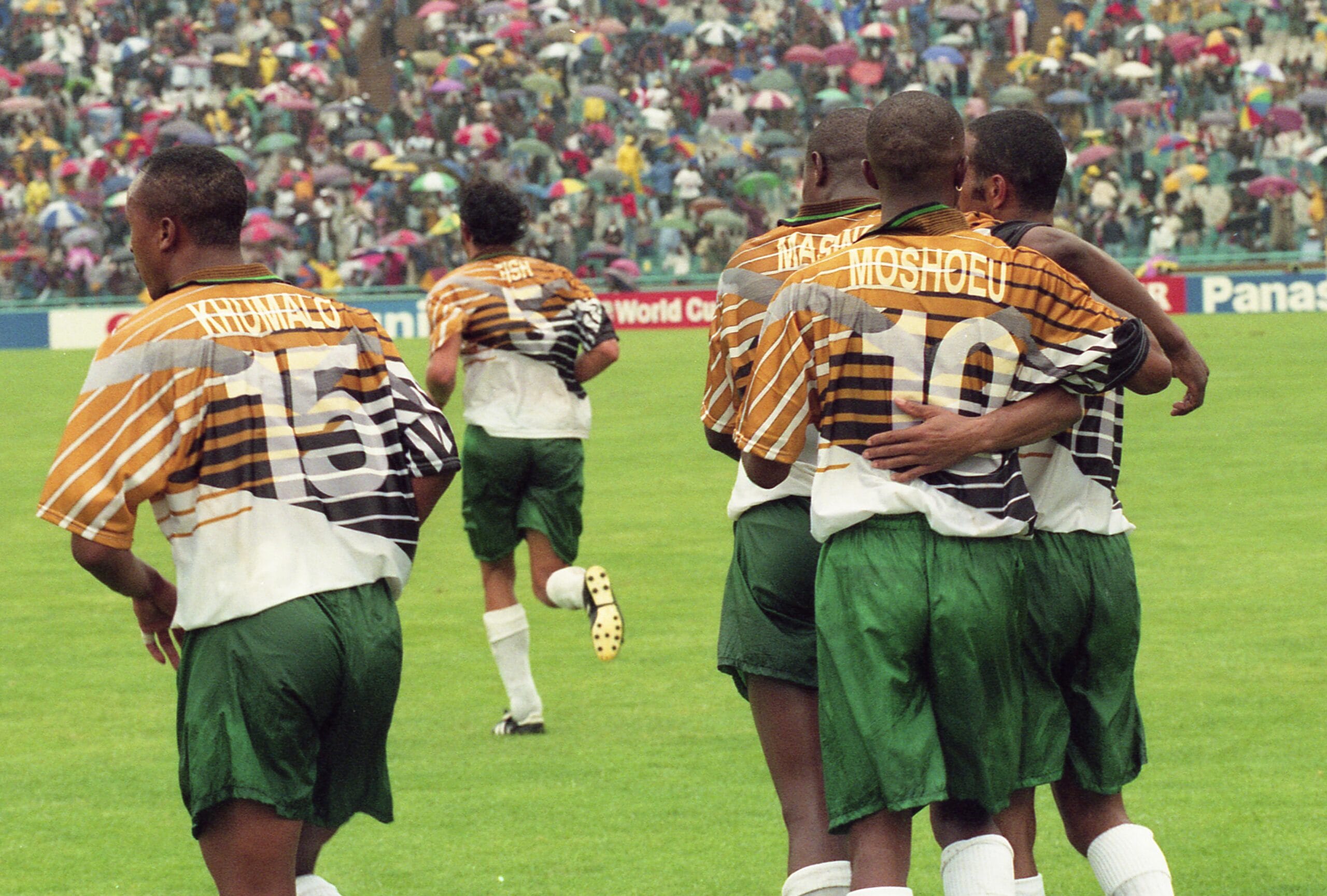

No Comments